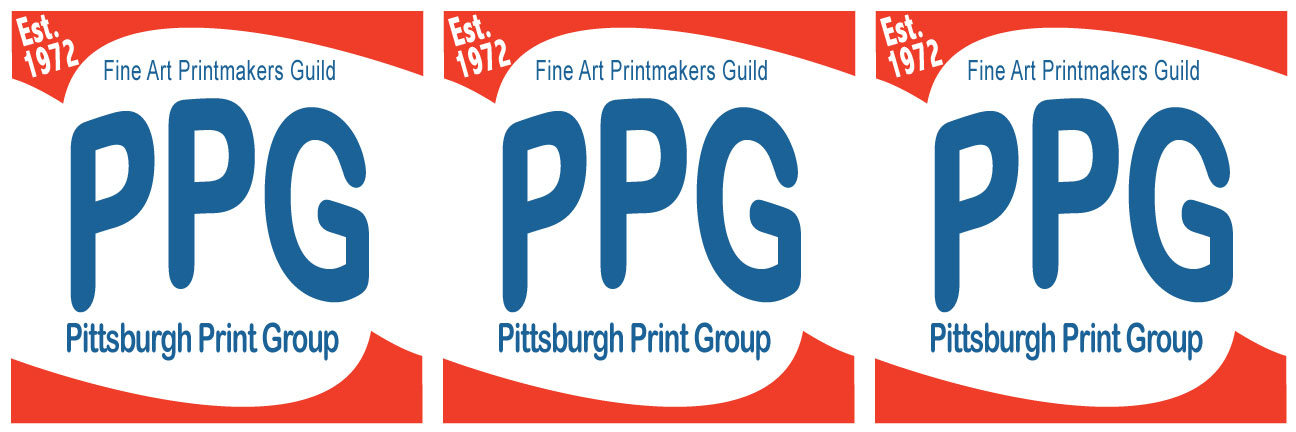Emily Taylor Rice
Emily Taylor Rice is an artist and an educator with a BS and MA in Art Education. She holds an MFA in Print Media + Photography from Boston University College of Fine Arts. Her teaching experience includes art education both nationally and internationally.
Rice has exhibited her work at Commonwealth Gallery, 808 Gallery, 1 Silber Way Gallery, Rough Walls Gallery, VanDernoot Gallery, Roberts Gallery, Piano Craft Gallery, and the Griffin Museum of Photography at Lafayette City Center, Boston, MA; American International School of Kuwait; Indiana New Growth Arts Festival, Kipp Gallery, Indiana, PA; the U.S. Capitol Building, Washington, DC; and internationally in Shanghai, China; Split, Croatia; and Kasterlee, Belgium. Her work is in the permanent collection of the Flemish Ministry of Culture in Belgium. Rice has curated and co-curated exhibitions in Boston, MA, and has juried art competitions including the YCIS Puxi Community Photography Competition in Shanghai, China. Her artist residencies include Anderson Ranch Arts Center in Snowmass Village, CO, and the Frans Masereel Center in Kasterlee, Belgium. Rice has garnered a variety of awards and honors for her scholarship. She is a United States National Art Award Winner and a 2024 recipient of the Esther B. and Albert S. Khan Career Entry Award Fund. Rice serves on the College Art Association’s Board of Directors as an Emerging Professional and maintains a studio near Pittsburgh, Pennsylvania.
Website: emilyricestudio.com
Instagram: @emily.taylor.rice.studio
ARTIST STATEMENT
The complicated narratives and often serious realities surrounding mental health and substance use disorders are what lie at the heart of my work. I navigate and reflect on the emotional geography that surrounds these experiences through the personal lens of alcoholism. Through photographs, monotype prints, collage, and silkscreening on found textiles, I aim to emphasize the force and oppression of addiction while acknowledging the release that can be found through acceptance and the choice of recovery.
Through abstraction and symbolism, I create visual metaphors that illustrate emotional complexity, struggle, growth, and strength. The concepts of time and memory are incorporated into my work through repetition and pattern. Processes of embossing and printing leave their traces, similar to the way emotional upheavals leave scars that cannot be erased. Pigments collide with but also delicately caress surfaces, emulating feelings of both desperation and relief. I use printmaking as an artistic means of communication and as a form of activism. Addiction does not discriminate and I aim to provoke thoughtful responses, fostering empathy and understanding.
There is beauty in damage. Raw edges, breakage, and disruption in my pieces invite an examination of the painful aspects of addiction while rebuilding the works through collage allows for the creation of a new narrative. This interplay between deconstruction and reconstruction speaks to the space between dying and living. Harrowing and unsettling stories overflow with tenderness and joy. I highlight the physical, mental, emotional, and spiritual transformations from addiction to recovery. By engaging with my own vulnerability, I aim to cultivate connection and shift perspectives. Often an uncomfortable subject, I strive to dismantle assumptions and break down barriers to initiate truthful and constructive dialogue. My work aims to act as a tool for positive social change by embracing the invisible differences surrounding mental health.





